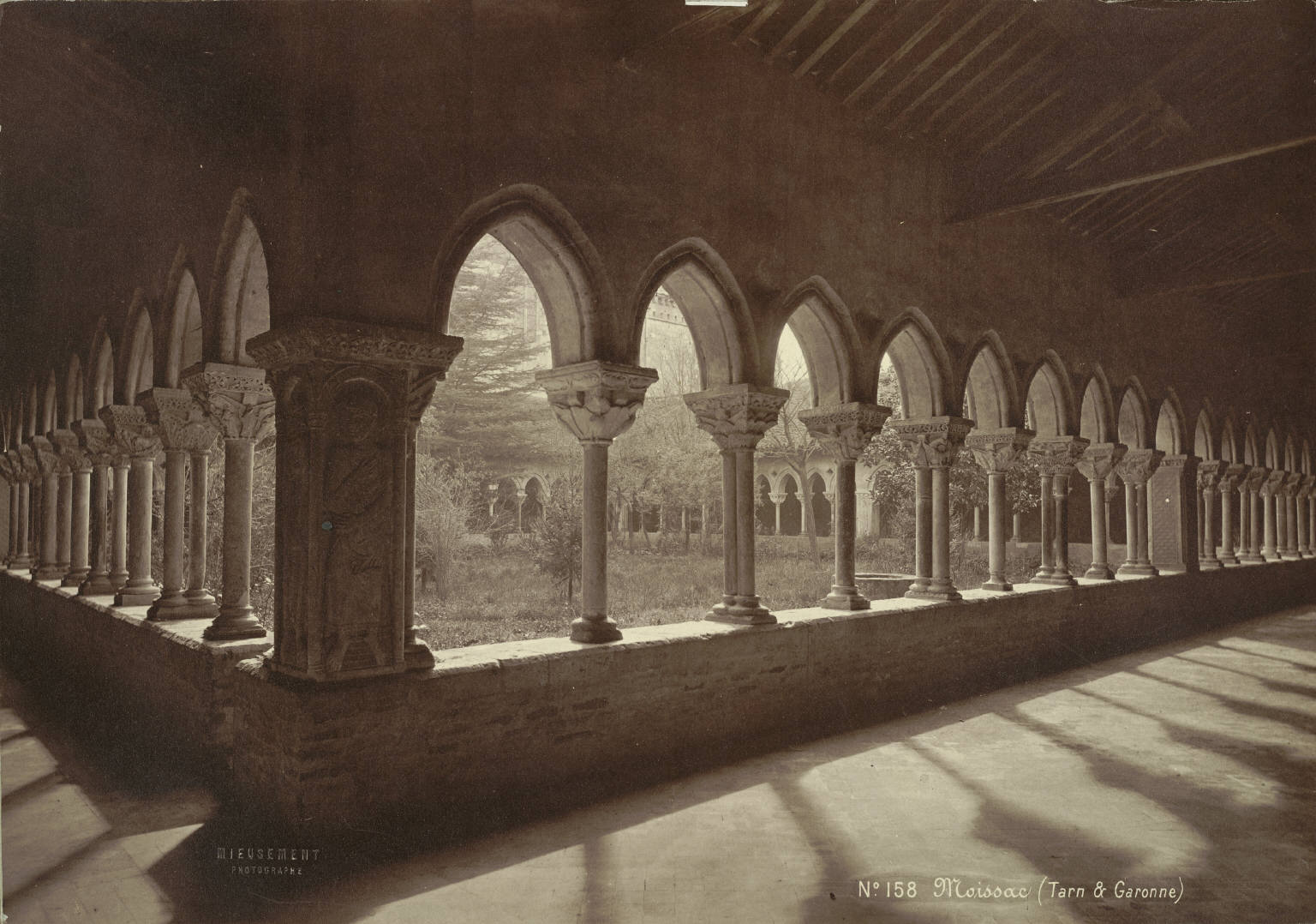I changed jobs about a year ago and it’s had a noticeable impact.
First, I gained a daily commute of an hour-and-a-half in each direction. The commute itself wasn’t necessarily new, but instead of doing it once or twice a month, I started doing it every day. Three hours is a long time to spend on the road, especially when it’s the beautiful desolation of Northern Nevada. Still, the experience has proven surprisingly enjoyable. Podcast hosts and audiobook performers (with the help of Overcast and Audible) keep me sane and attentive.
Another major change is that I work in a room without an internet connected computer or even a functioning landline telephone. I leave all my personal tech behind when I walk in the door. Once there, I sit at an anemic Windows machine and wrestle with Microsoft Access and Excel for eight or more hours at a stretch. The space I inhabit is off the beaten path and requires a code to enter. When my co-workers are out it’s not unusual for me to go most of the day without seeing anyone.
There are those who would consider this a special level of hell reserved for only the very worst people. There are times in my life when I would have agreed. But after doing this for a while, I find myself enjoying and even looking forward to it.
One notable effect of this isolation is a greater sense of space and calm. Being on the internet all day can feel like holding the tip of a long whip. It’s hard to make sense of the blur around you when everything is constantly changing direction. For a novel-length exploration of that concept I recommend Neal Stephenson’s Anathem. It even has an ending.
In college, one of my favorite places to work was the library. Inside that imposing Brutalist reflection of the beautiful and iconic Healy Hall was a quiet space to focus, think, and study. This was the mid-90s and there were still plenty of distractions to be found without smartphones and the internet at everyone’s fingertips. To be more specific, I was playing a lot of X-Wing, Doom, and Harpoon on my mighty Dell 486SX/33.
That refreshing quiet of a library reveals itself even more during a power outage. It’s hard to truly appreciate the background noise we swim in until all that rumbling and buzzing is cut off completely. In 2003 I was living a few blocks from the beach when Hurricane Isabel hit. The power was out for days afterward, and I remember hearing the ocean from my bedroom for the first time (as it competed with the distant roar of my neighbors’ generators).
The quiet itself isn’t even necessary if you aren’t looking for order in the din. After riding a few aircraft carriers as they slowly returned to port I discovered that same silence hiding beneath a noisy, busy flight deck.
Another notable side effect of my new work situation has been a return to paper. Anything that needs to be remembered or tracked or reported to the outside world must be written down. The journal that I’d abandoned after a year cloistered in a different desert was dusted off and reopened. A crazy mix of GTD and The Bullet Journal Method appeared within and has continued to evolve. The four or five interrupted notebooks since then have taught me that I can be as fickle with non-technological tools as smartphones and computers.
Paper has the benefit of giving back to you only the things you put into it. The page will never change without you taking an action to make it different. That’s nice.
But the catch to all this is that we can’t stay cloistered or trapped in paper forever. There’s a real world with real needs out there. There’s much to learn in isolation, but no practical consequence will ever result until we connect (and even occasionally clash) with the community around us. It may be difficult to get away from the noise of the world in the smartphone-age, but it’s easier than ever to cocoon ourselves in a comfortable digital shell. There are entire industries built on helping you decorate your golden cage in a way that’s both comfortable and profitable.
By escaping to silence for a while we can come back on our own terms, clear-eyed, ready to engage with what’s actually there and, where necessary, rebuild.
